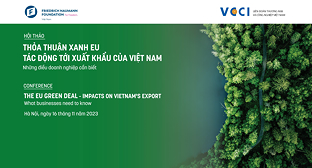Commentaries
The U.S. antidumping law protects American industries from supposedly unfair import competition. Specifically, it imposes extra duties on goods from a particular country or group of countries if two conditions are met: first, the Department of Commerce must find that the goods are being sold in the United States at “dumped” prices; second, the International Trade Commission must determine that the imports in question are causing or threatening “material injury” to domestic producers of the “like product.”
Tariff-Jumping Antidumping Duties
11/12/2007
Using a newly constructed database, this paper examines the tariff-jumping response of all firm and product combinations subject to U.S. AD investigations from 1980-1990. The results strongly support the hypothesis that tariff-jumping is only a realistic option for multinational firms from industrialized countries.
WTO Dispute Settlement Report
11/12/2007
The World Trade Organization (WTO) dispute settlement system has evolved from the GATT system. As shown in Table 1, some improvements have been made as a result of the changeover.
Antidumping As Safeguard Policy
11/12/2007
Political reality suggests that any government that attempts to establish or maintain an open import regime must have at hand some sort of pressure valve - some process to manage occasional pressures for exceptional or sector-specific protection. Since the 1980s antidumping has served this function.
Author: Rober W. McGee and Yeomin Yoon This paper presents an overview of antidumping laws, summarizes some recent antidumping cases that have been filed in the United States against Korean companies, and discusses some moral aspects of initiating an antidumping investigation that have been ignored by other researchers and commentators.
 Home
Home
 About Us
About Us




















